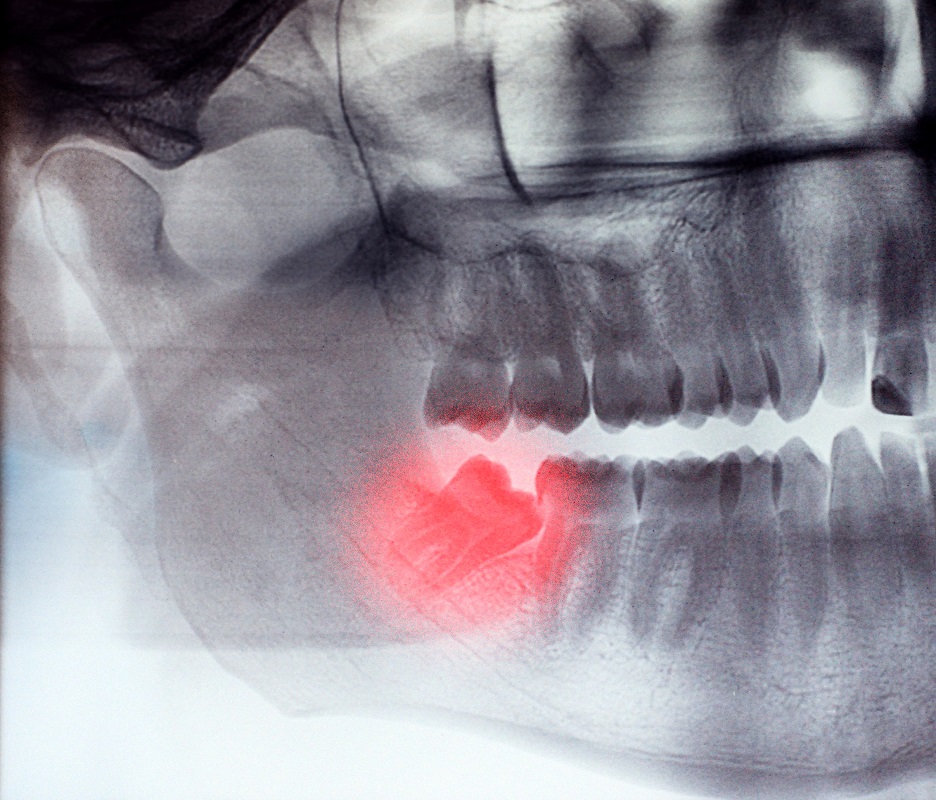- To reduce the pain caused by wisdom toothache, you can take pain medications available without a prescription, such as ibuprofen or acetaminophen.
- To reduce discomfort, use a cold compress on the affected area multiple times daily.
- To remove food particles between your teeth, rinse your mouth with warm salt water after eating or snacking.
- If your dentist prescribes them, take anti-inflammatory medications to lessen inflammation and swelling.
Having wisdom toothache can be a real pain – literally! This can be especially troublesome if you lead an active lifestyle. In addition to causing discomfort and pain, the inflammation that comes with wisdom toothache can also limit your ability to keep up with your regular activities.
Fortunately, several ways exist to help ease the pain of wisdom toothache and get back on track with your active lifestyle. This article will provide tips on managing the pain of wisdom toothache to stay active and healthy without sacrificing your quality of life.
Try to reduce the pain
Trying to reduce the pain of a wisdom toothache is the first step. Here are some tips on how to do this:
Try an over-the-counter pain medication

Properly trying an over-the-counter pain medication such as ibuprofen or acetaminophen is essential for anyone looking to alleviate wisdom toothache that hinders their active lifestyle. Not all pain medications are created equal; therefore, it is essential to consult a doctor or pharmacist before consuming any medication.
Following the recommended dosage and duration of usage can also make a significant difference in the effectiveness of the pain medication. Additionally, keeping track of any other medication consumed is crucial to avoid adverse interactions. By taking these precautions, individuals can effectively manage their pain and resume their active lifestyle without any hindrances.
Apply a cold compress
Applying a cold compress to the affected area several times daily can help ease the discomfort of a wisdom toothache and allow individuals to maintain their active lifestyle. A cold compress, or a bag of ice wrapped in a towel, can reduce swelling and numb the affected area. It is important to apply the cold compress to avoid damaging the skin properly.
Experts suggest using the compress for 15-20 minutes at a time, taking a break of at least 10 minutes between applications. This method can be used alongside other remedies, such as pain relievers and rinsing with salt water to alleviate the pain and keep individuals comfortable fully. At the same time, they continue with their daily activities.
Rinse with warm salt water after meals and snacks
Rinsing with warm salt water after meals and snacks can relieve wisdom toothache. To properly utilize this remedy, it’s essential to dissolve a tablespoon of salt into a cup of warm water. Then, the solution should be swished around the mouth for about 30 seconds before being spat out. This technique can help to alleviate pain and inflammation caused by wisdom teeth.
It’s important to rinse after meals and snacks, as the food particles can get stuck in between the teeth and cause discomfort. It’s a simple solution that can make a big difference in your daily life, especially if you live an active lifestyle. By taking care of your oral health, you can maintain your routine without interrupting toothache.
Take anti-inflammatory medications
Anti-inflammatory medications can be a game-changer when dealing with wisdom toothache that affects an active lifestyle. When a dentist prescribes, following the directions closely and taking the medication as instructed is important. These medications reduce inflammation and swelling, ultimately resulting in pain relief.
It is important never to exceed the recommended dosage and inform your dentist of any other medications you may be taking. Anti-inflammatory medications are a powerful tool to help manage wisdom toothache. Still, they should always be used under the guidance of a dental professional to ensure your safety and well-being.
Practice good oral hygiene routines

Maintaining proper oral hygiene is essential to overall health and wellness. Brushing teeth twice daily and flossing at least once daily is a simple and effective way to prevent tooth decay, cavities, and gum disease. However, many people ignore these basic practices until they experience a toothache, which can be excruciating and disrupt active lifestyles.
Consistent brushing and flossing remove harmful bacteria and plaque buildup, preventing the onset of such uncomfortable symptoms. It’s crucial always to emphasize the importance of daily oral hygiene rituals to maintain healthy teeth and gums and avoid uncomfortable wisdom toothaches.
If symptoms persist, seek professional dental care
When wisdom toothache persists and disrupts your day-to-day activities, seeking professional dental care is crucial. Besides the acute pain, wisdom toothache can cause oral complications such as swelling and infection. A skilled dental professional can diagnose the cause of the pain and provide an appropriate treatment strategy.
Depending on the individual case, wisdom tooth extraction may be required to alleviate the discomfort. Allowing the pain to persist without professional help may result in complications and unnecessary discomfort. Therefore, it is essential to prioritize oral health and seek prompt dental care when necessary.
These are just a few tips on managing the pain of wisdom toothache and maintaining an active lifestyle. While taking preventive measures such as proper oral hygiene is important, seeking professional help is essential when symptoms persist or worsen.
